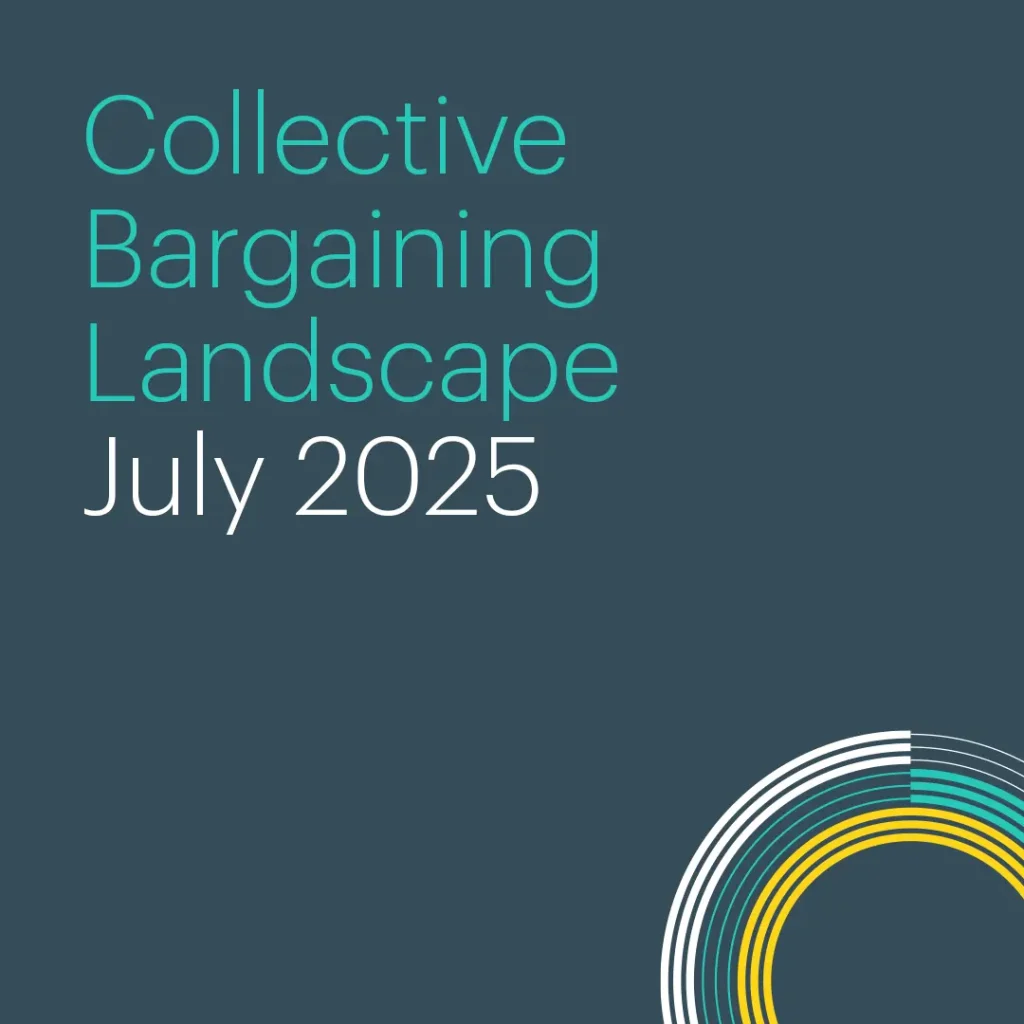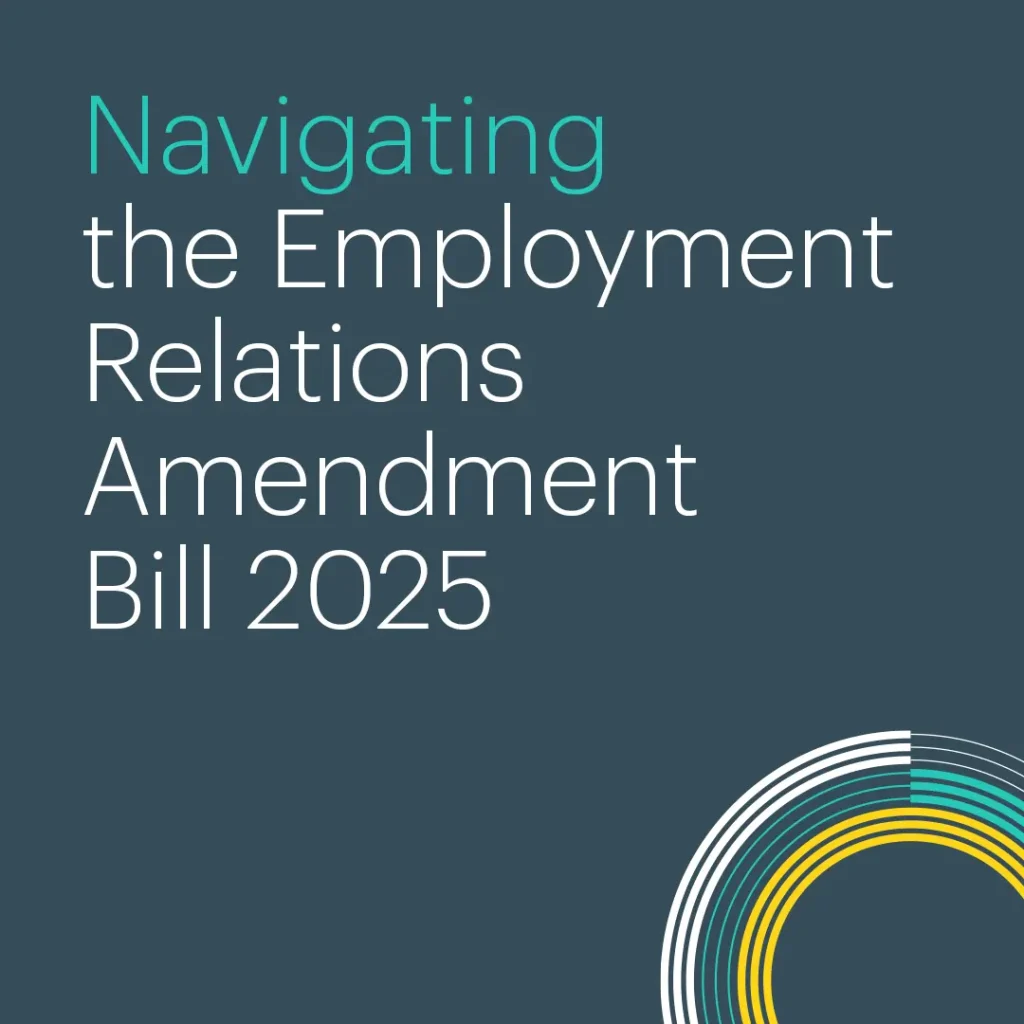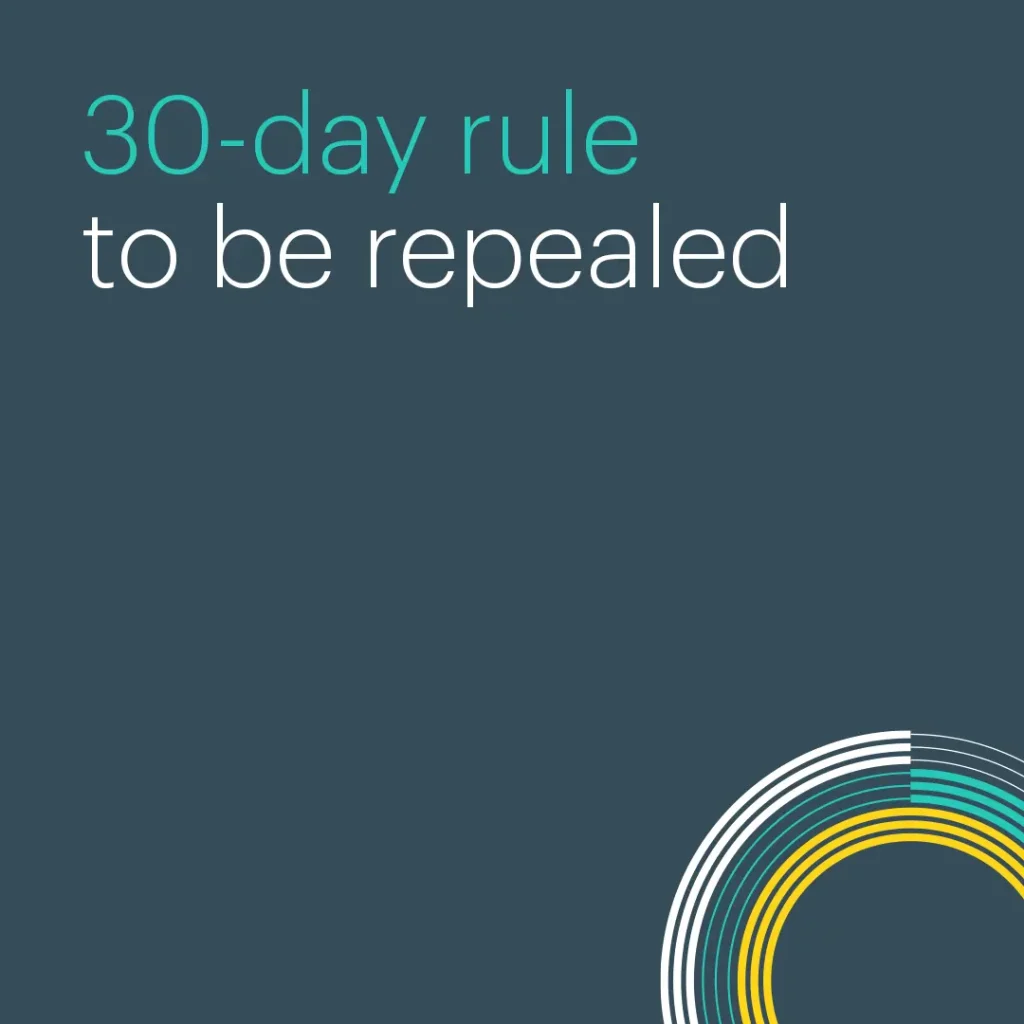Conflict in the workplace can arise from misunderstandings, differing opinions, stress, or other interpersonal dynamics both inside and outside the workplace. Effective de-escalation techniques can prevent these conflicts from growing into more serious issues.
Senior Associate Campbell Gourlay outlines key strategies and skills to de-escalate conflict within the workplace.
—
And I’ve been putting out fire
With gasoline – David Bowie
When was the last time that you told someone to “just calm down”, and like magic, the person immediately stopped whatever behaviour caused you to tell them to calm down in the first place?
If my own personal experience in the home environment with my domestic general manager and genetic offspring is reflected elsewhere, then not often if ever would be the resounding answer to that question.
So how in the work environment do you de-escalate or manage conflict without the equivalent of throwing petrol on a fire?
Understand the headspace you are in
First rule of thumb would be to take a deep breath and check in with yourself – are you in the right head space to deal with conflict? Because that will dictate what happens next. If you’re not in the right frame of mind it’s less likely you will be able to objectively respond and the potential to ignite the issue is high.
So, if you are not in the right head space, then create some space. That might be as simple as getting the people who are in conflict separated to pause whatever discussion, or argument is underway with an undertaking to talk to both groups or parties to gain an understanding of the issue or the cause of conflict.
Understand the source of the conflict
So what is the issue? What is the source of the conflict? Identifying this is key to addressing how you approach de-escalation.
To do this you will need to dig a bit deeper. What is it you may have observed or witnessed or has been reported to you? To establish the issue you will need to ask questions and listen to understand. Keeping an open mind and a neutral mindset, channel your inner Switzerland – chocolate and watches optional.
Listed below are some key strategies and skills to use when you approach a conflict and attempt to de-escalate within the workplace. The individual or specifics of a situation may dictate the order you apply some of these strategies, but for my money number one is the key.
- Staying calm and composed (importantly ensure you are in the right head space to do this)
- Active listening
- Clear and respectful communication
- Empathy and validation, when appropriate
- Setting boundaries, what is appropriate and what is not
- Problem-solving approach
- Seek external support
- Healthy and unhealthy conflict
Healthy and unhealthy conflict
It should be noted that some conflict within the workplace is healthy and allows people to challenge the status quo to sense test ideas. This usually occurs in a high trust environment or within a workplace culture where it is understood that challenging an idea or a process is not personal and does not diminish or minimise an individual’s value or identity in doing so.
However, conflict outside of conditions inevitably impacts on organisational culture, individual and team productivity, attraction and retention of the best people.
Knowing when to seek an independent mediator
Sometimes it takes an external person to intervene and facilitate a way to resolve a conflict. This can happen if it has been a long standing unresolved issue, also when the people trying to de-escalate and resolve are not seen as impartial for some reason by the people in conflict.
If that is the case for you, get in touch with our conflict resolution team who have been dealing with conflict since Angus from ACDC was in short pants.









